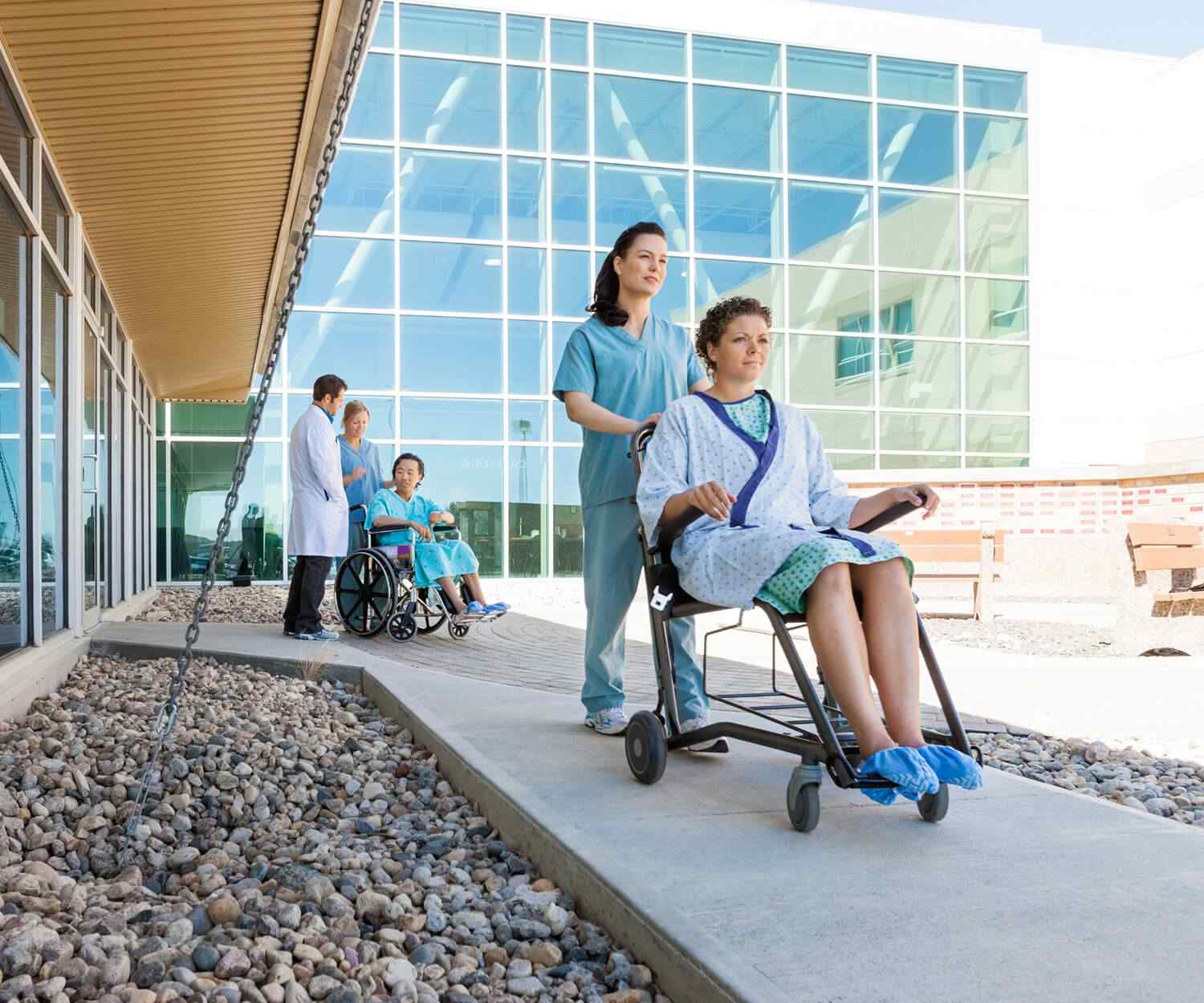
PROF. DR. YAVUZ BEŞOĞUL
Education and Experience
1982-1989: Erciyes University Faculty of Medicine; Doctor of medicine
1989-1992: Yozgat Sorgun District Health Group President, Yozgat Provincial Deputy Health Directorate
1992-1997: Anadolu University Faculty of Medicine, Department of Cardiovascular Surgery; Research Assistant
1997-2003: Eskişehir Osmangazi University Faculty of Medicine, Department of Cardiovascular Surgery; Assistant professor
2003-2008: Eskişehir Osmangazi University Faculty of Medicine, Department of Cardiovascular Surgery; Associate professor
2008-2012: Eskişehir Osmangazi University Faculty of Medicine, Department of Cardiovascular Surgery; He served as a professor.
In the same years, he served as a Member of the Faculty Board and the Board of Directors of the Faculty of Medicine.2012-2014: Kızıltoprak Florence Nightingale Hospital Cardiovascular Surgery
2014-2017: Private Medicana Çamlıca Hospital Cardiovascular Surgery
2018-2023: Istinye University Research and Practice Hospital, Department of Cardiovascular Surgery
Prof. has been performing operations in the field of Minimally Invasive Surgery since 1997. Dr. Yavuz Beşoğul's publications have been published in international scientific journals. Prof. also chaired the sessions at national congresses. Dr. Yavuz Beşoğul Türkiye Clinics is a Member of the Advisory Board of the Journal of Cardiovascular Sciences.
Minimally Invasive Heart Valve Surgeries
Between 1997 and 2004, he carried out studies on minimally invasive heart valve surgeries and translated them into domestic and international scientific publications and presented them at international congresses. Combining these studies with working heart surgeries, he performed coronary bypass surgeries.
Cardiopulmonary Bypass of Nitrovasodilators
In 1996, he conducted studies on the Effect of Nitrovasodilators on the Nitric Oxide-cGMP Pathway During Cardiopulmonary Bypass and published it as a thesis.
Incentive Awards in Foreign Broadcasts
During his years as an associate professor and professor, he performed many surgeries with the same studies. He has received incentive awards for his international publications. He has served as a referee in international scientific journals and currently serves as a consultant in domestic and international scientific journals.
Areas of expertise
Closed Heart Surgeries (Minimally Invasive)
Closed heart surgery, scientifically; Stopping the heart and lungs and connecting the patient to the pump that acts as the heart and lungs is considered open heart surgery. Surgeries performed while the heart and lungs are working are called working heart or closed heart surgery.
Coronary Bypass Surgeries
Coronary bypass surgeryIt is a cardiovascular surgery that has an important place in preventing heart attack in cases of stenosis or occlusion in the coronary vessels feeding the heart. Stenosis or occlusion in the coronary arteries is the most important factor in the occurrence of a heart attack.
Buerger's Disease Treatment
If Buerger's disease is diagnosed, the only definitive treatment is sympathectomy surgery. The most important of these is to remove a tiny nervous system from the abdomen, called lumbar sympathectomy. This nervous system is just and…
Armpit Heart Valve Surgeries
It is a minimally invasive aortic valve surgery method called interlocutor closed aortic valve surgery or armpit aortic valve surgery. This entry route, which is one of the minimally invasive aortic valve surgery techniques, is made through a 4 or 5 centimeter incision in the armpit, without cutting muscle and bone and …
Bypass Surgeries in Working Hearts
Bypass surgery on a functioning heartIt refers to bypass surgeries performed while the patient's heart is working and without being connected to a heart-lung machine. In this way, the working functions of the heart are preserved and the heart is stopped and connected to the heart-lung machine and…
Reynauld's Disease Treatment
Reyno's disease It is a disease that may occur due to reasons such as severe coldness in the hands, highly asymmetrical or symmetrical bruising on the fingers, and sometimes severe paleness.
Heart Valve Repair and Replacement
In cases that occur as a result of mitral valve diseases, such as heart enlargement, increased lung blood pressure, or as a result of too many complaints, the common point of all of them is the need for intervention. If all these criteria are met, the intervention will require minimal…
Peripheral Vascular Surgeries
Peripheral artery disease refers to all artery diseases other than the heart and brain. In short, it is a disease that occurs when the arteries that provide blood flow to the arms, legs and internal organs are completely or partially blocked due to atherosclerosis (hardening of the arteries).
Diabetic Foot And Hand Treatment
A slight bruise or a wound on the nail on our toes or fingers can sometimes lead to amputation of our finger. We usually do not pay much attention to these complaints and cannot believe it when we lose our finger. Yes, think about it, your toe is cut off first...

Patient Comments
Frequently asked Questions
In the minimally invasive method, the surgical operation is performed by making a few centimeter incisions under the armpit, abdomen or chest. Minimally invasive surgery, which allows the patient to recover faster after surgery and reduces the risk of infection, is widely used in the treatment of cardiovascular diseases today.
Heart valve surgery performed with minimally invasive surgery takes an average of 1.5 – 2 hours. The recovery process is also faster after surgery, which is performed with minimally invasive methods and 3-4 centimeter incisions in the patient's armpit or on the side of the chest. However, patients have a lower risk of experiencing complications after valve replacement using the closed heart surgery method. You should definitely consult your cardiovascular surgeon.
Heart surgeries performed under the armpit or with minimally invasive techniques are as reliable as other methods and are less risky than other cardiovascular surgery methods. Especially in experienced hands, if there are surgeons who have performed minimally invasive surgery for a long time and have scientific studies on this subject, made their presentations at home and abroad, and declared their patients, it is much more reliable than the other opening. Another feature of this surgery is that it carries less risk than the other method, since no ribs or muscles are cut in this surgery.
Cardiovascular diseases can be congenital or develop later. Congenital heart diseases occur as a result of certain disorders that occur during the development of the heart in the womb. Heart hole is one of the examples of congenital heart diseases. While these diseases are sometimes noticed at birth, sometimes they may show symptoms in later years. Later heart diseases may also occur due to genetic reasons or other reasons. The most common heart diseases are cardiovascular diseases, which are seen in the four valves in the heart, namely the mitral valve, tricuspid valve, aortic valve and pulmonary valve, and coronary artery disease due to stenosis or blockage in the vessels feeding the heart.
Minimally invasive heart surgeries, which are among the cardiovascular surgery techniques, can generally be applied to all patients in heart valve replacement and coronary bypass surgeries. However, triple coronary bypass may not be possible when three or more vessels need to be replaced or when coronary bypass surgery with a heart valve is required. Additionally, it may not be possible to perform surgery with minimal incisions in patients with advanced lung disease.
Closed heart surgery takes an average of 1-3 hours. The duration of the surgical operation may vary depending on the type of heart disease, the patient's age and other diseases. You can get detailed information from a Cardiovascular Surgery specialist.
Since Atrial Septal Defect does not cause any serious symptoms for a long time, it is noticed at a very late age in some patients. In ASD, patients may experience different symptoms depending on the size and number of holes. In some patients, it may cause problems such as palpitations, shortness of breath, fatigue and inability to gain weight.
Common lung infections such as bronchitis and the risk of heart failure may also be more common in ASD patients. The symptoms caused by ASD disease can manifest themselves in different ways depending on the patient's age and general health condition.
The pulmonary valve is the valve with 3 leaflets located at the beginning of the vein through which dirty blood is sent from the right ventricle to the lungs. It ensures that the dirty blood pumped to the lungs goes in one direction and does not return.
They may occur as congenital heart valve failure or stenosis in the heart valve. Most of the stenosis in the pulmonary valve is congenital. However, pulmonary valve insufficiency may also be observed.



